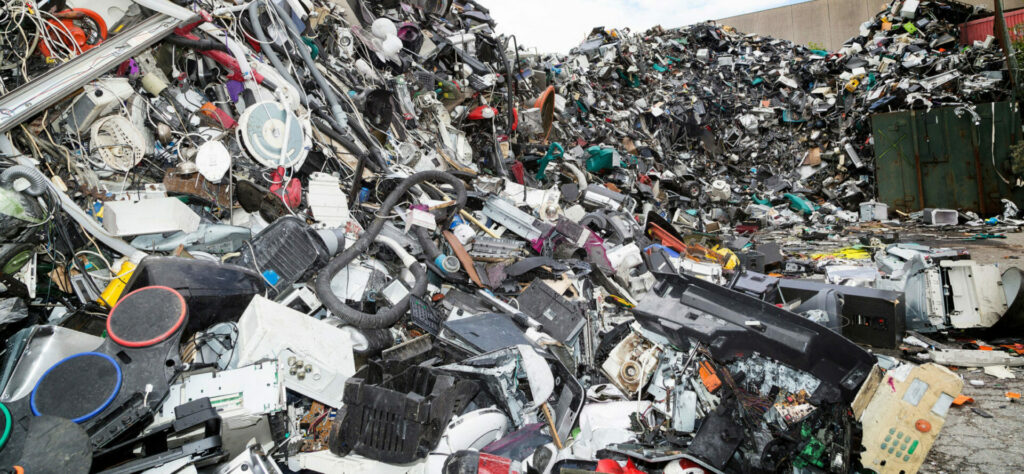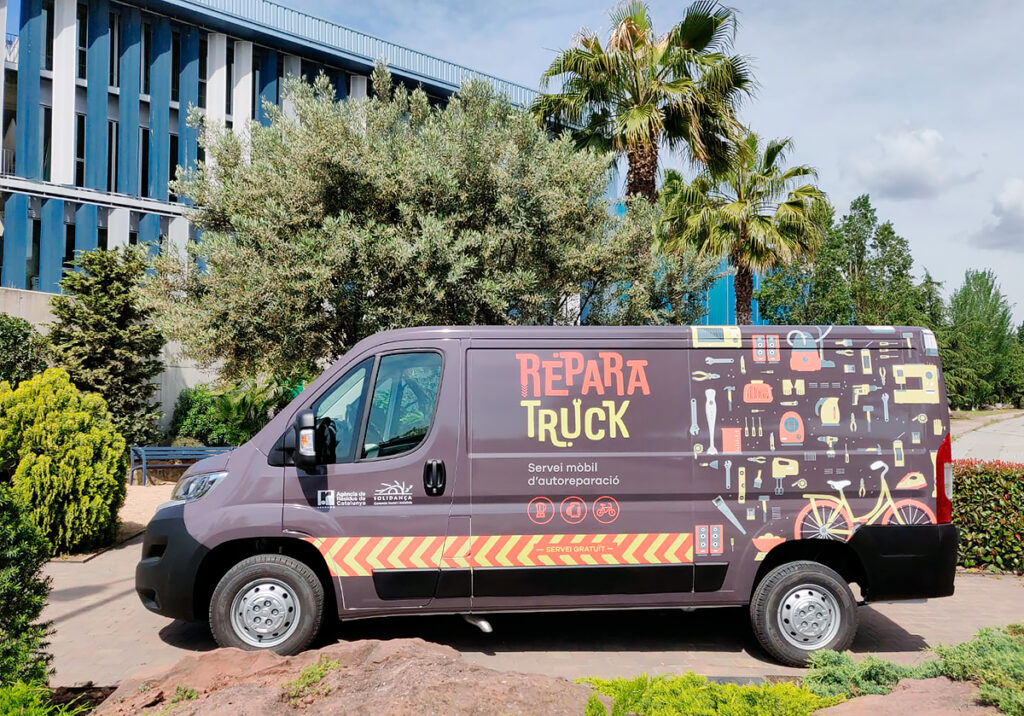Solidança, a social initiative for the reuse of electronic devices in Catalonia
Sometimes we equate digital with immaterial but that’s far from being the case. The ‘new technologies’ sector is not just about services: it contributes significantly to a growing stream of Waste from Electrical and Electronic Equipment (WEEE). According to the third (and most recent) United Nations Global E-Waste Monitor study, in 2019 a record 53.6 million tons of electronic waste was reached, representing a 21% increase in just five years. Less than a fifth of it is properly managed for reuse or recycle. This results not only in waste pollution, but it prevents also the recovery of many valuable components – like gold, copper, silver or palladium – that could substitute, at least partly, the extraction of further natural resources. This type of waste would conform therefore a sort of urban mines of the 21st century.

Although still preferable than trashing, recycling can be over-incentivised. That’s why it is recommended to prioritize as a separate target the re-use these devices, together with measures to reduce consumption at large. Not only saves this more CO2 per tonne of waste, but it has also as well a significant job creation potential. In all these areas is working the social economy organisation Solidança based in Sant Just Desvern (right besides Barcelona). It manages one of the first Catalan plants for the management and Preparation for the Reuse of WEEE (WEEE PxR), which in addition employs people at risk of social exclusion. But it goes further by having as important areas of work the prevention of waste and community training for the autonomous repair of devices. In this sense goes the Reparatruck service by Solidança. It’s (you guessed it) a truck to repair, that allows bringing a mobile workshop space to all collaborating councils in the Barcelona metropolitan area, as well as to some other Catalan municipalities. Last year, it did 100 visits making repairs that prevented nearly 600 kilos of waste.

Together with other nearly 40 social insertion enterprises across Spain, Solidança is a member of AERESS, the Spanish association of social economy waste collectors. One of the national platform’s campaigns, #UnImpulsoRedondo, aims to be a boost to responsible consumption and waste prevention through the request for a zero VAT on reuse-prepared second-hand products issued from social economy entities. Another example of engagement with the reuse of electronics at a larger political level is the Ereuse.org project. Its members and partners develop and share open-source resources such as refurbishment tools, inventory management, product passport traceability systems or self-accreditation mechanisms for quality and circularity standards.
As you can see, little in this world is completely immaterial – maybe just our thoughts (and I still have my doubts about it!).
Credit : Martorell Digital
Image : https://solidanca.cat/wp-content/uploads/2023/06/23.03.02-Solidanca-165-2O3A2758-scaled.jpg
Credit : Solidança
Image : https://metrostor.uk/wp-content/uploads/2023/08/shutterstock_1675112317-scaled-e1692001929509.jpg
Credit : Metrostor.uk
